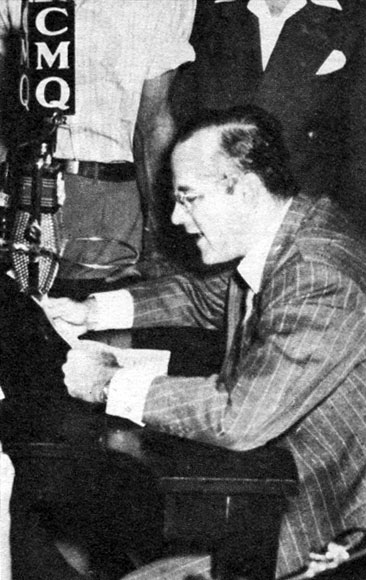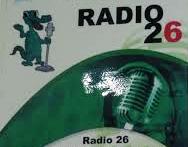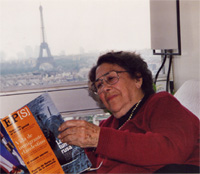Some programs were created like that of the leader of the Orthodox Party Eduardo Chibas, who assumed suicide as a form of struggle against the evils of that time, the new Republic founded in 1902.
Guido García Inclan bravely denounced from Radio COCO station, the real intentions of the dictatorship in the 1950’s.
This situation was really ignored by the media, which had no space to nourish hope, encourage optimism under flags of struggle. They distorted the reality with rosy commercials.
There was no doubt that press freedom was only exercised by the powers and their interests. The journalists were not consulted, and the most significant thing was that if any journalist did not accomplish the assigned communication strategy, he could be removed or repressed by the government authorities. That press was supported by the Inter American Press Association (IAPA), a group of owners of mass publications in the continent that did not take into acount the criterion of salaried journalists who were members of their editorial departments.
When the Revolution triumphed in 1959, the press begins a new path, in which the truth turned into a paradigm. Preparing professionals to guide and inform the people was a priority from the beginning of the Cuban Revolution. This way, the idea of organizing all journalists through an organization called the Union of Journalists of Cuba (UPEC) came up. UPEC was founded on July 15, 1963.
The current Cuban press has highly skilled professionals with academic categories and technologies making better access to diverse sources possible.
The 9th Congress of the Union of Journalists of Cuba will be drawing up new strategies to face the sophisticated media campaigns at the service of transnational information.




